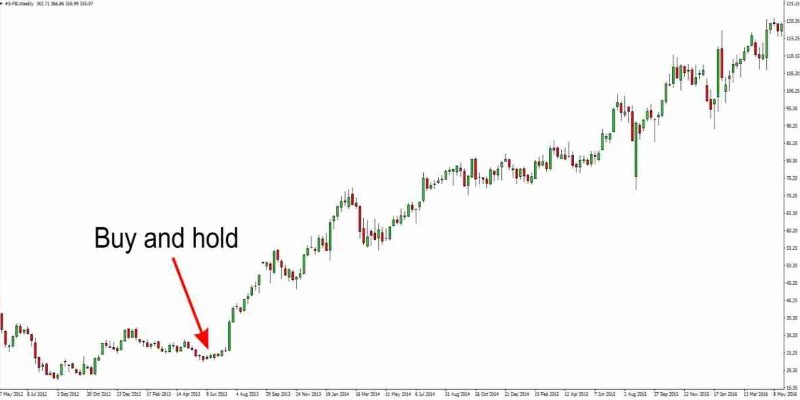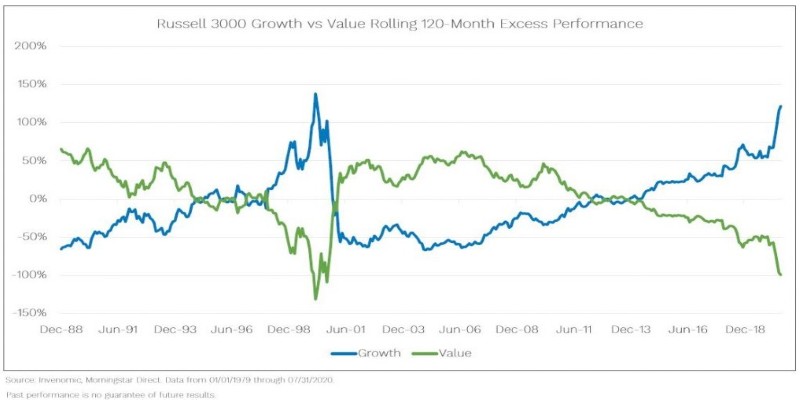How To Start Investing In The Stock Market
Investing in the stock market can be an exciting and rewarding journey, but it can also feel overwhelming if you’re not sure where to begin. The good news is that with the right approach, anyone can start investing and work their way toward financial goals. Whether you’re looking to build long-term wealth, save for retirement, or simply learn how to manage your money better, the stock market offers plenty of opportunities for growth. In this article, we’ll walk you through the key steps to start investing in the stock market, covering everything from understanding the basics to making your first investment.
The Basics Of The Stock Market
Before diving into the world of investing, it’s important to understand how the stock market works. At its core, the stock market is a platform where buyers and sellers trade shares of companies. When you buy a share, you own a small portion of that company. The value of the shares can go up or down based on the company’s performance, market conditions, and other factors.
The stock market can be intimidating at first, but it’s helpful to think of it as a place where people trade ownership in companies. Stocks are bought and sold in exchanges, such as the New York Stock Exchange (NYSE) or the Nasdaq, and investors use brokerage accounts to place trades.
There are two main types of stocks to know about: common stocks and preferred stocks. Common stocks give shareholders voting rights at annual meetings and the potential for dividends, while preferred stocks offer fixed dividends but typically don’t allow voting rights. Understanding these basic types of stocks will give you a clearer foundation for your investing journey.
Assess Your Financial Situation
Before you start investing in the stock market, you need to have a solid understanding of your finances. This means evaluating your income, expenses, debts, and savings. Assessing your financial situation helps you determine how much money you can afford to invest without affecting your day-to-day needs.

It’s essential to have an emergency fund set aside before investing. This fund should cover at least three to six months’ worth of living expenses. If unexpected costs arise while you're in the middle of an investment strategy, this safety net ensures that you won’t have to sell your investments prematurely.
Another important factor to consider is your risk tolerance. Stock market investments are subject to fluctuations, so it’s essential to understand how much risk you're willing to take. If you're new to investing, it’s generally advised to start small and gradually increase your exposure as you become more comfortable with the market.
Choose A Brokerage Account
Once you’ve assessed your financial situation and are ready to invest, the next step is to choose a brokerage account. A brokerage account is a platform that allows you to buy and sell stocks, bonds, mutual funds, and other investments. There are different types of brokerage accounts available, each catering to various needs and investment goals.

For beginners, it's common to start with an online brokerage account, which can offer lower fees and user-friendly platforms. These brokerages allow you to trade stocks and other investments without the need for a financial advisor, although some also offer advisory services for an additional cost.
When selecting a brokerage account, consider the following factors:
Fees And Commissions:
Some brokers charge fees per trade, while others offer commission-free trading. It's important to understand the costs associated with your chosen platform.
Account Minimums:
Some brokerages require a minimum deposit to open an account, while others have no such requirements.
Investment Options:
Make sure the brokerage offers a wide range of investments that align with your goals.
Ease Of Use:
Look for platforms that are easy to navigate, especially if you're just starting.
Research And Education Tools:
Some brokerages offer educational resources, research tools, and other materials to help you learn more about investing.
Decide On Your Investment Strategy
Once you’ve opened your brokerage account, it’s time to decide how to invest. Developing an investment strategy is one of the most important steps in the process, as it sets the direction for how you’ll allocate your money and manage risk.

For beginners, there are several common investment strategies:
Buy And Hold:
This long-term strategy involves purchasing stocks and holding onto them for an extended period, often years or decades. The idea is that the value of the stocks will increase over time as the companies grow.

Index Investing:
Instead of picking individual stocks, index investing involves purchasing a broad market index, like the S&P 500, which includes stocks from the top 500 companies. This strategy aims to capture overall market performance and reduce the risk of individual stock fluctuations.
Dollar-Cost Averaging:
This strategy involves investing a fixed amount of money into a particular stock or portfolio at regular intervals. This approach helps mitigate the risk of market volatility, as you’re buying into the market at various price points.
Growth Vs. Value Investing:
Growth investing focuses on companies that are expected to grow faster than the overall market, while value investing looks for stocks that are undervalued compared to their actual worth. Both strategies come with different risk levels and time horizons.

Your strategy should reflect your risk tolerance, financial goals, and investment timeline. Some investors prefer a diversified approach, combining different strategies to reduce risk and increase potential returns.
Stay Informed And Continue Learning
The stock market is constantly evolving, so staying informed is key to becoming a successful investor. As you gain more experience, you'll learn to understand market trends, financial statements, and other important factors that can influence stock prices. There are plenty of resources available to help you learn about investing, including books, online courses, podcasts, and investment blogs.
It’s also important to remain disciplined and avoid chasing quick gains or reacting emotionally to market changes. Successful investing is often about long-term consistency rather than short-term speculation.
Conclusion
Starting to invest in the stock market doesn't require insider knowledge or complex strategies. Still, it does require a clear understanding of the basics, a sound financial foundation, and a solid investment strategy. By assessing your financial situation, selecting the right brokerage account, and choosing investments that align with your goals, you can build a portfolio that works for you over time. With patience, discipline, and ongoing learning, you can start your journey toward financial growth and achieve your investment objectives.





